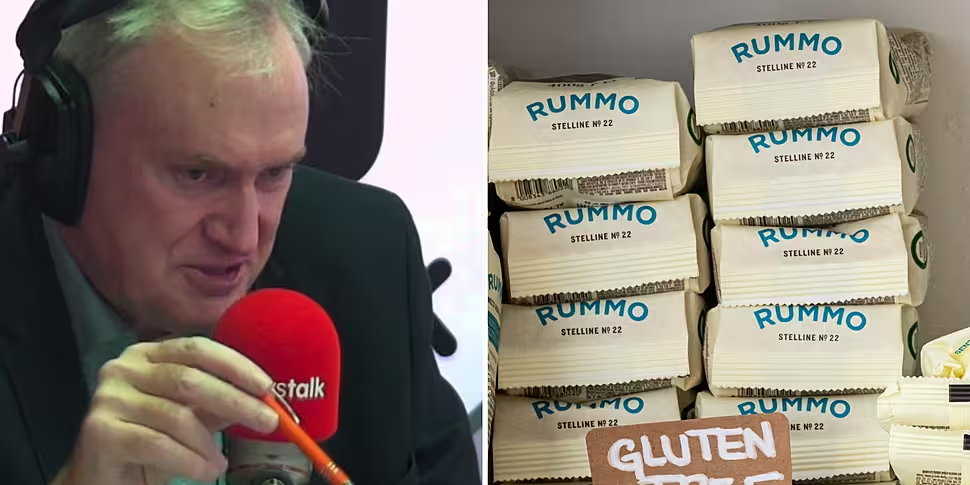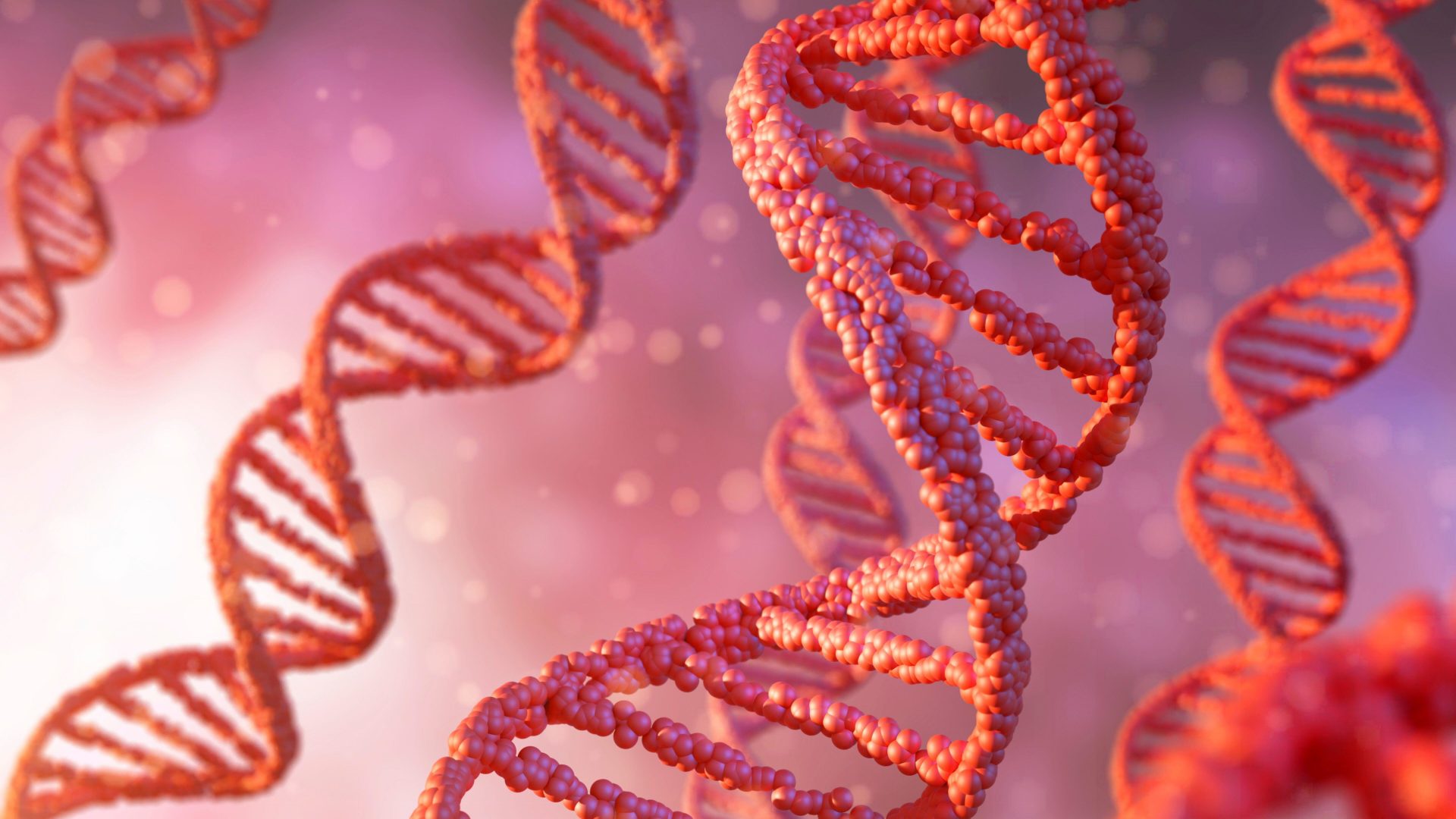Coeliac disease is a is a long-term autoimmune disorder that causes an intolerance to gluten.
The condition can lead to bloating, abdominal pain, cramping and loss of appetite, among other things.
About one-in-100 people in Ireland suffer from the disease.
However, according to Professor Luke O’Neill, the true number could be much higher.
“It’s massively underdiagnosed, by the way, because often people have what would be called irritable bowel syndrome or some abdominal problems and it turns out to be coeliac,” he told the Show Me the Science podcast.
“But Irish people [suffer from the disease] probably twice as common overall than say, people in Africa or South America or wherever it might be.
“It’s probably about 0.8% of people in the EU, so we’re slightly above the EU average.”
Prof O’Neill said this is because a particular molecule linked with coeliac disease is more prominent in Irish people.
“It’s very much in the world of immunology and once they began digging into the immune components of this response, they began to see certain types of HLA molecules were involved,” he said. [...]
“One particular HLA stands out, it’s called HLA-DQ; it’s called a haplotype, is the technical term for this.
“If you have HLA-DQs - and they’re numbered up to eight - that means you’re at a higher risk of developing coeliac disease. [...]
“95% of coeliac patients will have the HLA-DQ – the trouble is, five per cent don’t have it, so it’s not as if it’s 100%.
“Secondly, you don’t have to have it, obviously, to get coeliac, which makes it a bit tricky.”
According to Prof O’Neill, various treatments are in development at the moment that could help cure and prevent coeliac disease.
“For example, there’s some evidence of a reovirus being involved, a type of virus called reovirus,” he said.
“It might trigger some of this, because obviously there’s an environmental bit that’s also part of the gluten.
“There’s vaccines in development now to help handle reovirus and that might protect people.
“You can also give people a thing called endopeptidases, which are enzymes that break down the gluten and stop it being presented to the immune system.”
Prof O’Neill said hopefully in the future, “there’ll be a way to stop coeliac in its tracks”.
Main image: Luke O'Neill in the Newstalk studio (L) and gluten free flour (R).










